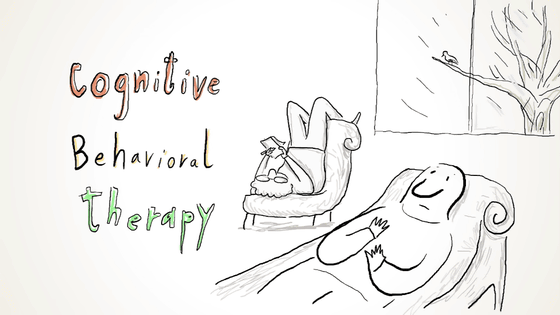Is it normal to talk to yourself and what are the benefits of talking to yourself?

Many people tend to talk to themselves when they are thinking or bored. People who talk to themselves a lot are sometimes thought of as weird or worried that they may have some kind of illness, but what does it mean and what benefits does it have?
Is it normal to talk to yourself?-YouTube
Whether it's complaining about a noisy alarm clock, muttering something while getting dressed in the morning, or lamenting that you can't find your keys just before you leave the house, you say something when no one but you is listening. There are many things that can happen.

We've all felt embarrassed when someone accidentally overheard us talking to ourselves.

Not only do you feel embarrassed, but people around you may look at people who talk to themselves as mentally unstable.

But decades of psychological research have shown that talking to yourself is perfectly normal. Self-talk, also called self-talk or inner speech, is thought to be the verbalization of thoughts towards oneself or some aspect of one's life.

Psychologists say that children often talk to themselves out loud while playing, so most people's first memory of talking to themselves is 'when I was a kid, voicing my thoughts.' It seems that it recognizes that it is. In the 1930s, a Russian psychologist, Lev Vygotsky , said that the experience of expressing one's thoughts out loud in childhood is the key to development, and that communicating with adults based on that soliloquy can help children develop I hypothesized that I would gain control over my actions and emotions.

Also, as we grow, Vygotsky argues that this form of ``communication with each other'' tends to be internalized and transformed into a private ``inner dialogue''.

Self-talk as an inner dialogue can be used to plan and deal with difficult situations and to motivate yourself. However, monologues occur spontaneously and unconsciously, making them difficult to clearly track and study.

Therefore, in studies on self-talk, researchers asked, ``Why do some people talk to themselves more than others?'' ``Which parts of the brain are active when talking to themselves?'' It seems that he is conducting research such as 'How is the activation of the brain by talking to yourself different from the activation that occurs in conversation with others?'

Although there are not many studies that have clarified this, we can intuitively say that while talking to others can have a significant impact on one's motivation and performance, talking to oneself can improve concentration and self-esteem. I understand that.

For example, when engaging in sports, there are cases in which concentration is increased by chanting to yourself, 'Concentrate, concentrate!' In fact, research on university tennis players has shown that incorporating soliloquies in line with sports coaching into practice improves concentration and performance accuracy.

In addition, there is a technique called remote self-talk (

Studies have shown that this type of remote self-talk can help reduce stress when working on anxiety-inducing tasks, such as meeting new people or speaking in public.

But while positive monologues help us, negative monologues can hurt us. In addition to anxiety-inducing negative self-talk, people who blame themselves for their problems or repeatedly reflect on their own failures experience more depression.

A psychotherapy called

So it's important to remember to be kinder to yourself when you find yourself talking to yourself unconsciously.

Related Posts:
in Note, Posted by log1e_dh







